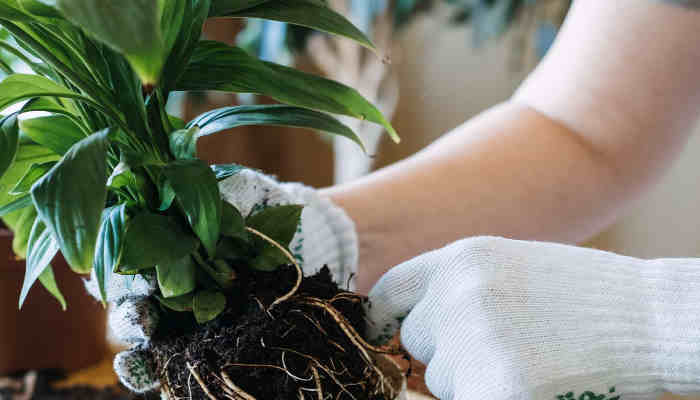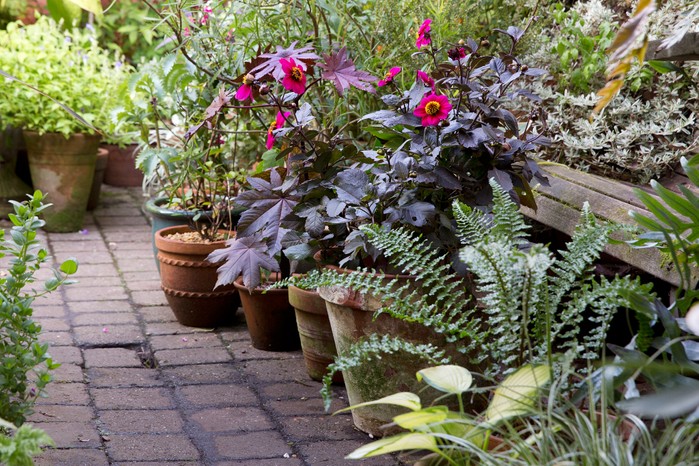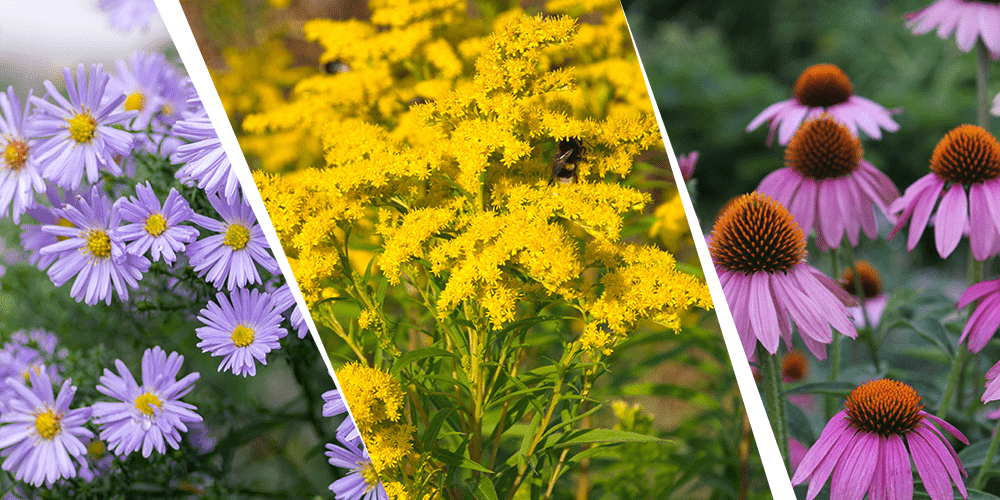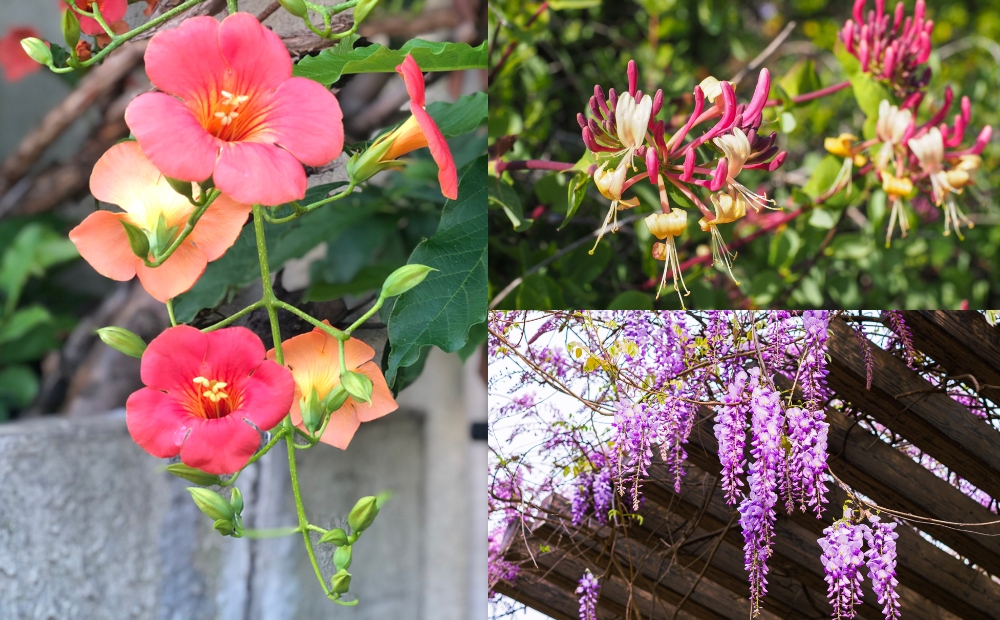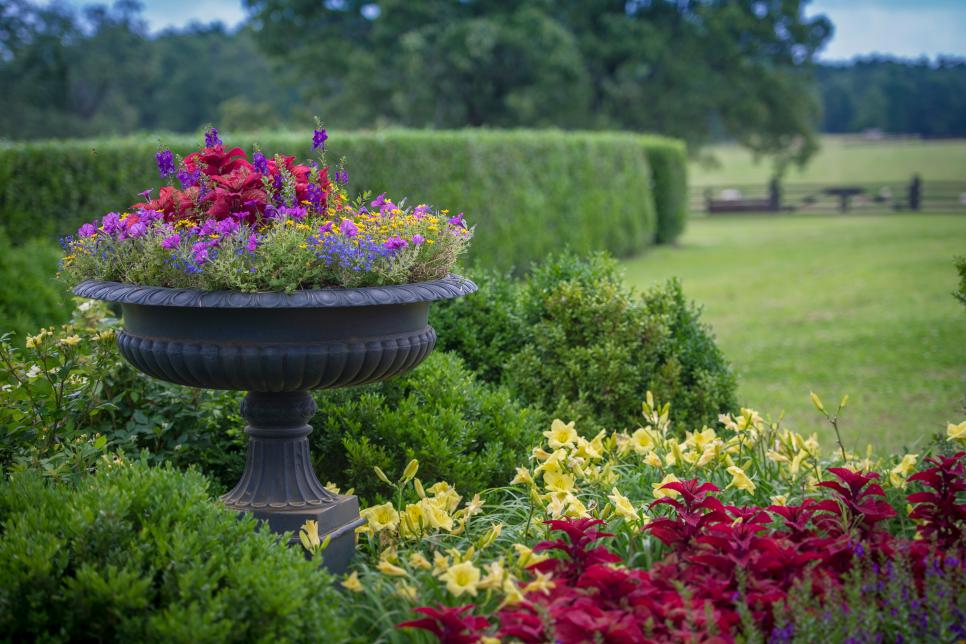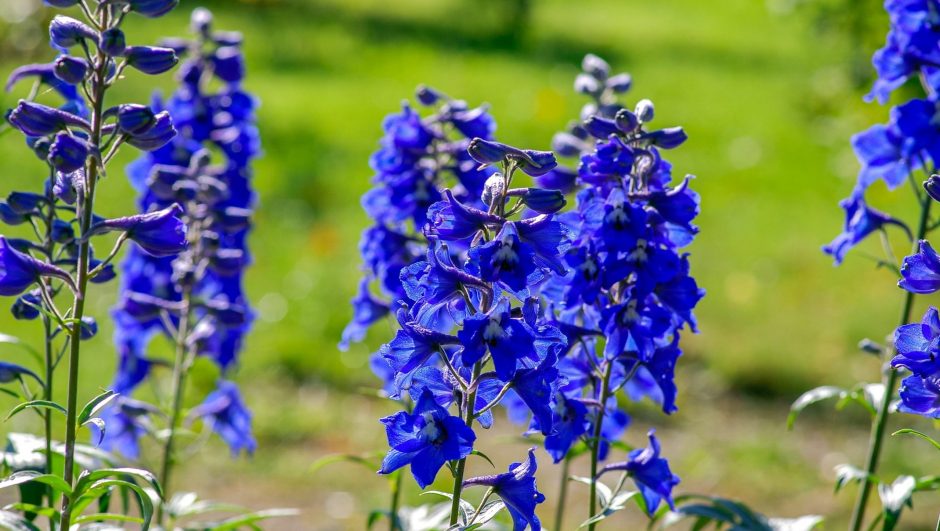How To Divide Perennials
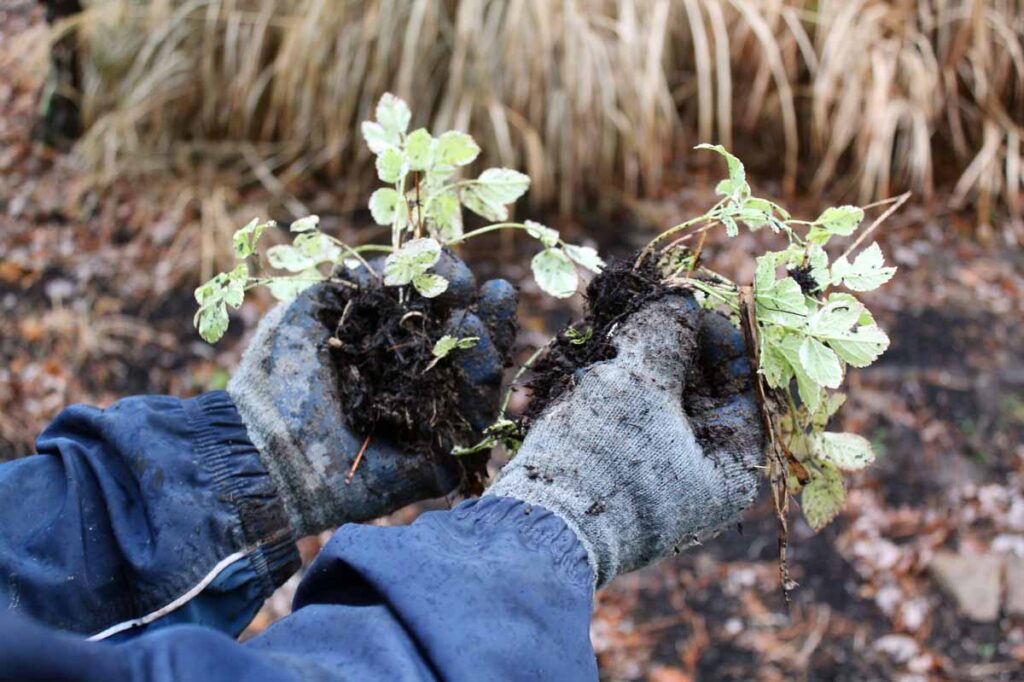
Tips for dividing perennial flowers and plants. It’s not hard to learn this, so don’t be afraid to tackle the divisions.
When to divide perennnials: You should divide perennial plants if blooms on perennials such as aster, bellflower, daylily, helianthus, rudbeckia, Shasta daisy and Yarrow were smaller than normal this year, and plants are crowded, or weak, then it’s time to divide them.
Division is best carried out when the plant is dormant, normally between late fall and early spring.
But never in very wet or cold weather.
However, fleshy-rooted plants, or those that are not fully hardy, are best divided in early spring, when young plants are less likely to suffer damage from cold winters.
Some perennials, such as peonies should never be divided. You need to read the plant tag, it will say if it shouln’t be divided.
This Is How To Divide Them
How To Divide Perennial Plants
Dig up the plant using a spade. Then lift the parent plant out of the hole and shake off excess soil from the roots.
Separate the plant into sections, using garden forks, a spade, or a sharp knife, so that each part has a good root system and several new shoots or growth buds.
Discard old, damaged, or unproductive pieces, and replant vigorous material immeditely, at the original depth of the soil.
Keep the plants well watered while they get established.
After about three weeks add some organic fertilizer, but water well before feeding.

